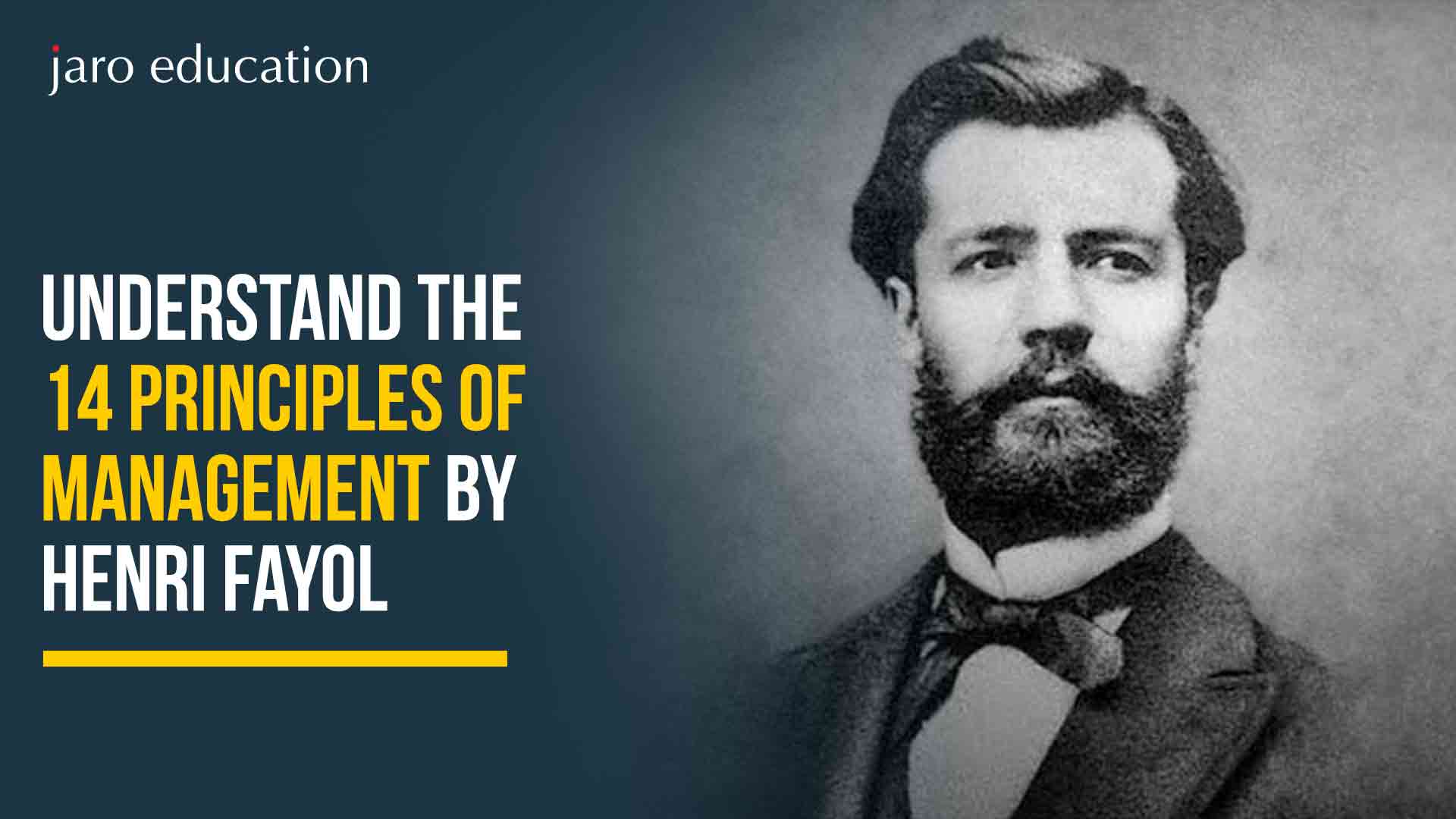Understand the 14 Principles of Management by Henri Fayol

In this blog, you will be acknowledged by Henri Fayol’s principles of management, what they are, and how they are relevant to today’s world.
Find a Program made just for YOU
We'll help you find the right fit for your solution. Let's get you connected with the perfect solution.

Is Your Upskilling Effort worth it?

Are Your Skills Meeting Job Demands?

Experience Lifelong Learning and Connect with Like-minded Professionals

